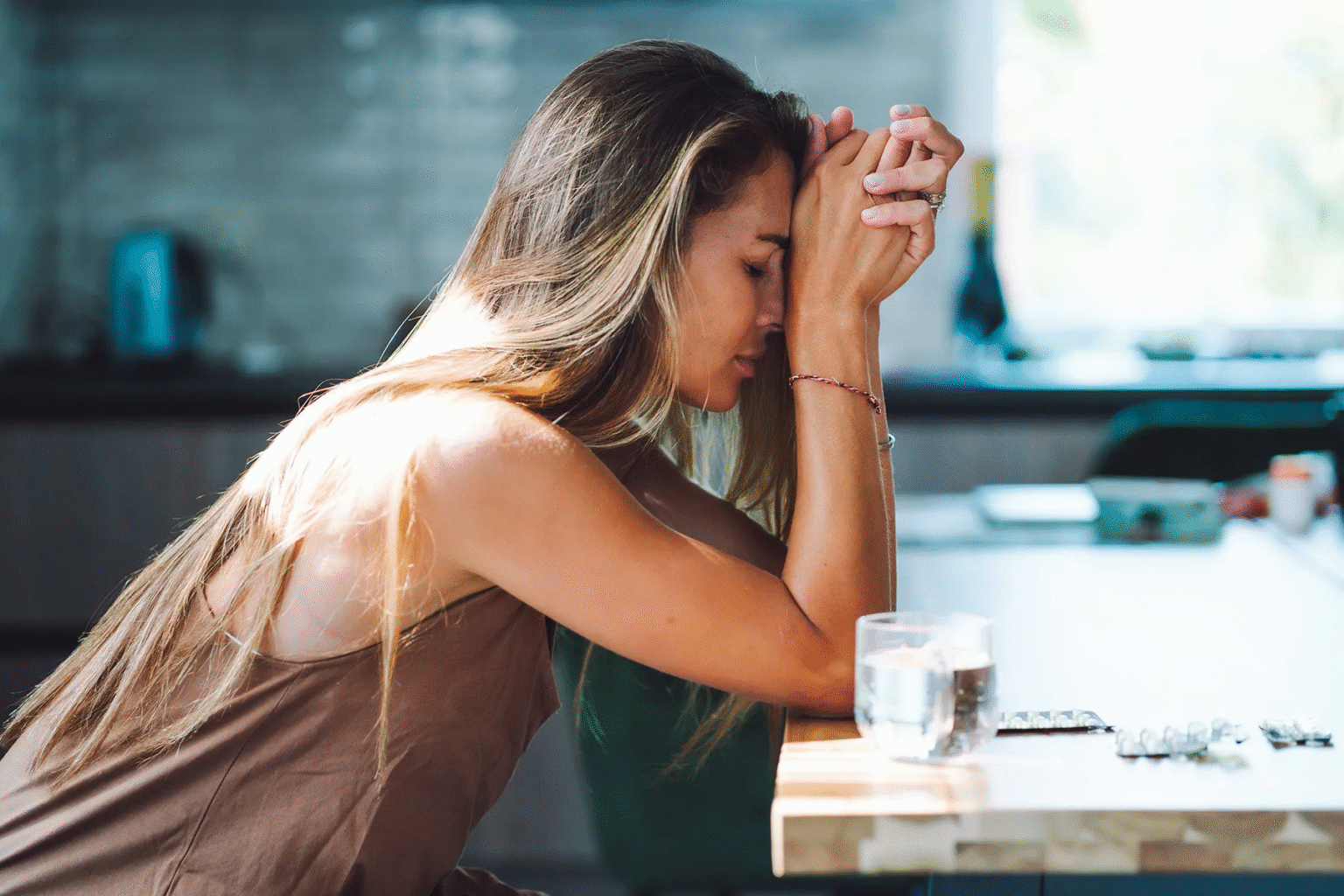Depression is more common than many people think. It can affect anyone at any age. But sometimes, it is hard to notice when someone is struggling with depression — even for the person going through it. Understanding the signs of depression is important because it helps people get the help they need early.
In this article, we will talk about some common signs that show you may be struggling with depression. Knowing these signs can help you or someone you care about find support and start feeling better.
What Is Depression?
Depression is a mental health condition that affects your feelings, thoughts, and daily life. It is not just feeling sad for a day or two. Depression lasts longer and can make it hard to do normal activities, enjoy life, or feel hopeful.
People with depression may feel tired, lose interest in things they used to enjoy, or have trouble sleeping. It can also affect how they think about themselves and the world around them.
Common Signs You May Be Struggling With Depression
1. Feeling Sad or Empty Most of the Time
One of the most common signs of depression is feeling sad or empty nearly every day. This sadness is not just feeling down for a moment but can last weeks or months. Sometimes people feel numb, like nothing matters.
2. Loss of Interest in Activities
If you find that activities you once loved no longer bring you joy, this could be a sign of depression. You might stop hanging out with friends, lose interest in hobbies, or feel like life is boring.
3. Changes in Sleep Patterns
Depression can change how you sleep. Some people sleep too much, while others have trouble falling asleep or staying asleep. Poor sleep can make depression worse, creating a cycle that is hard to break.
4. Feeling Tired or Low on Energy
Even if you get enough sleep, depression can make you feel tired all the time. You might feel too tired to do simple tasks or lack the energy to get out of bed.
5. Difficulty Concentrating or Making Decisions
Depression can affect your brain. You may find it hard to focus, remember things, or make decisions. This can impact your work, studies, or daily life.
6. Feeling Worthless or Guilty
Many people with depression have negative thoughts about themselves. They may feel worthless or guilty, even if there is no real reason. These thoughts can be very painful and hard to control.
7. Changes in Appetite or Weight
Depression can cause changes in eating habits. Some people lose their appetite and lose weight, while others eat more and gain weight. These changes are often connected to mood.
8. Physical Symptoms Without Clear Cause
Sometimes, depression shows up as physical problems like headaches, stomachaches, or muscle pain. Doctors may not find a clear cause, but the pain is very real.
9. Feeling Restless or Slowed Down
You may notice your body feels restless, like you cannot sit still. On the other hand, some people feel slowed down in their movements and speech.
10. Thoughts of Death or Suicide
A very serious sign of depression is having thoughts about death or suicide. If you or someone you know feels this way, it is important to seek help immediately.
Why Is It Important to Recognize These Signs?
Recognizing these signs early can help you get support before depression worsens. Depression is treatable, and many people get better with the right care. Ignoring these signs can lead to more problems like trouble at work, school, or in relationships.
What Can You Do If You Notice These Signs?
If you think you may be struggling with depression, here are some steps you can take:
- Talk to Someone You Trust: Sharing your feelings with a close friend or family member can be a relief.
- See a Doctor or Therapist: A mental health professional can diagnose depression and suggest treatment.
- Stay Active: Exercise can help improve mood.
- Avoid Alcohol and Drugs: These can make depression worse.
- Practice Self-Care: Make time for rest, healthy eating, and activities you enjoy.
5 Frequently Asked Questions (FAQs)
1. How do I know if I am really depressed or just sad?
Sadness is a normal feeling and usually goes away with time. Depression lasts longer (at least two weeks) and affects your daily life. If you feel sad most days and struggle with energy or interest in life, you might be depressed.
2. Can depression happen to anyone?
Yes, depression can affect anyone regardless of age, gender, or background. It is a common mental health condition.
3. Is depression the same as stress?
No. Stress is a response to pressure or challenges, and it usually goes away after the situation ends. Depression is a longer-lasting mood disorder that affects many parts of your life.
4. What treatments are available for depression?
Depression can be treated with therapy, medications, lifestyle changes, or a combination of these. Talking to a healthcare provider can help you find the best option.
5. Can I help a friend or family member who is depressed?
Yes. Listening without judgment, encouraging them to seek professional help, and being supportive can make a big difference.
Conclusion
Depression is a serious but treatable condition. Knowing the signs can help you or someone you care about find help early. If you notice these signs in yourself or others, do not ignore them. Talking to a trusted person or a professional can be the first step toward feeling better.
Remember, you are not alone, and help is available.


